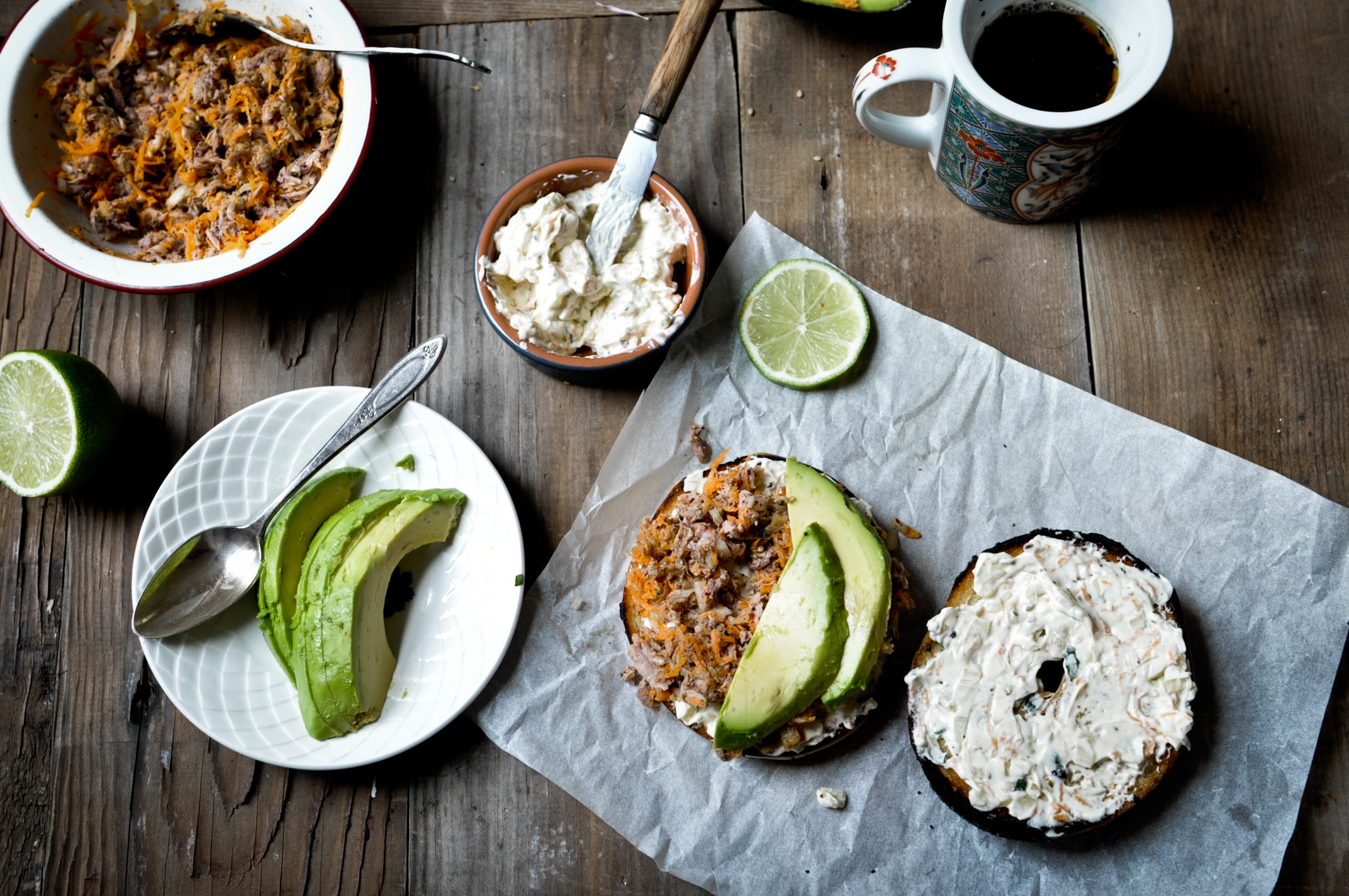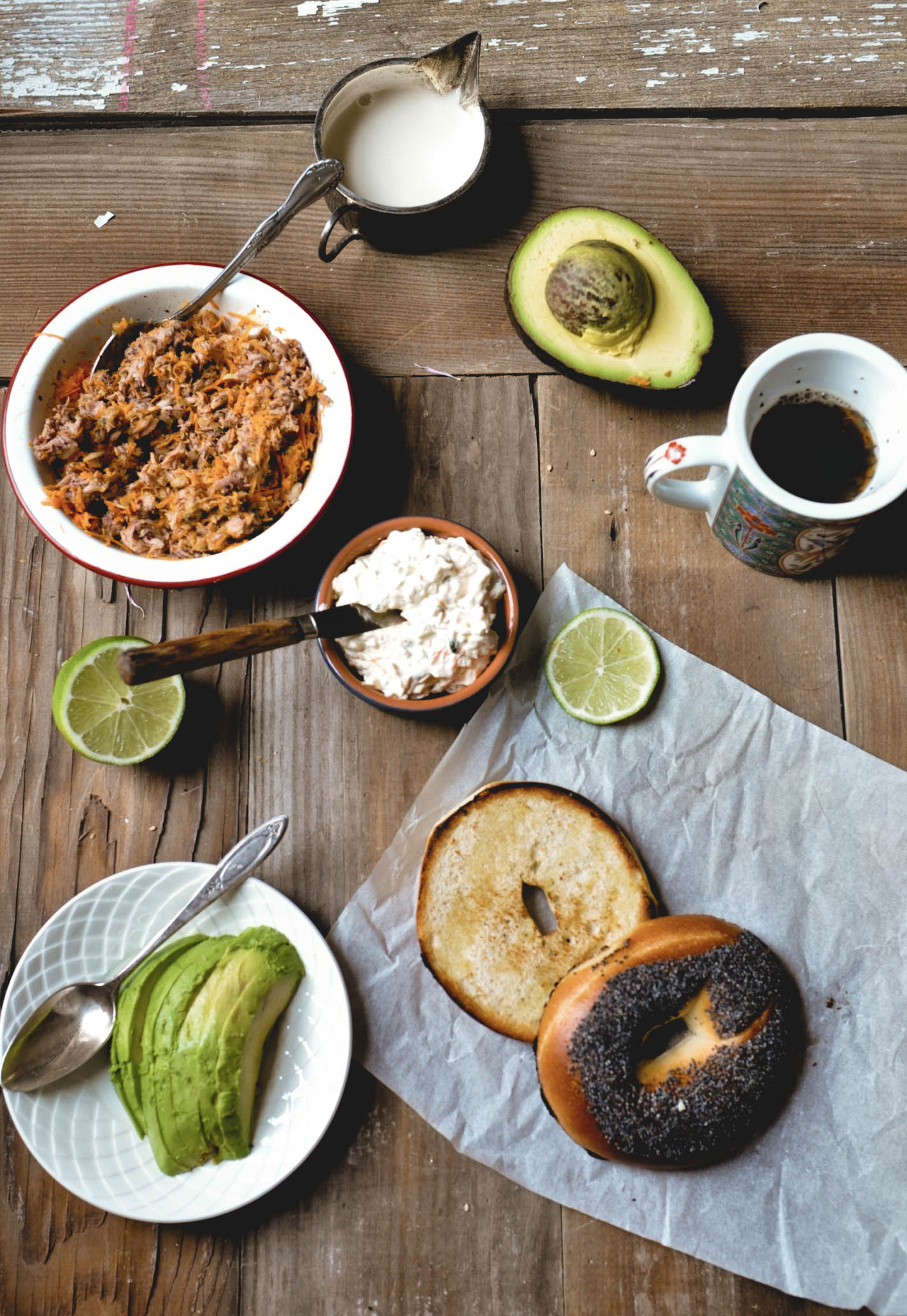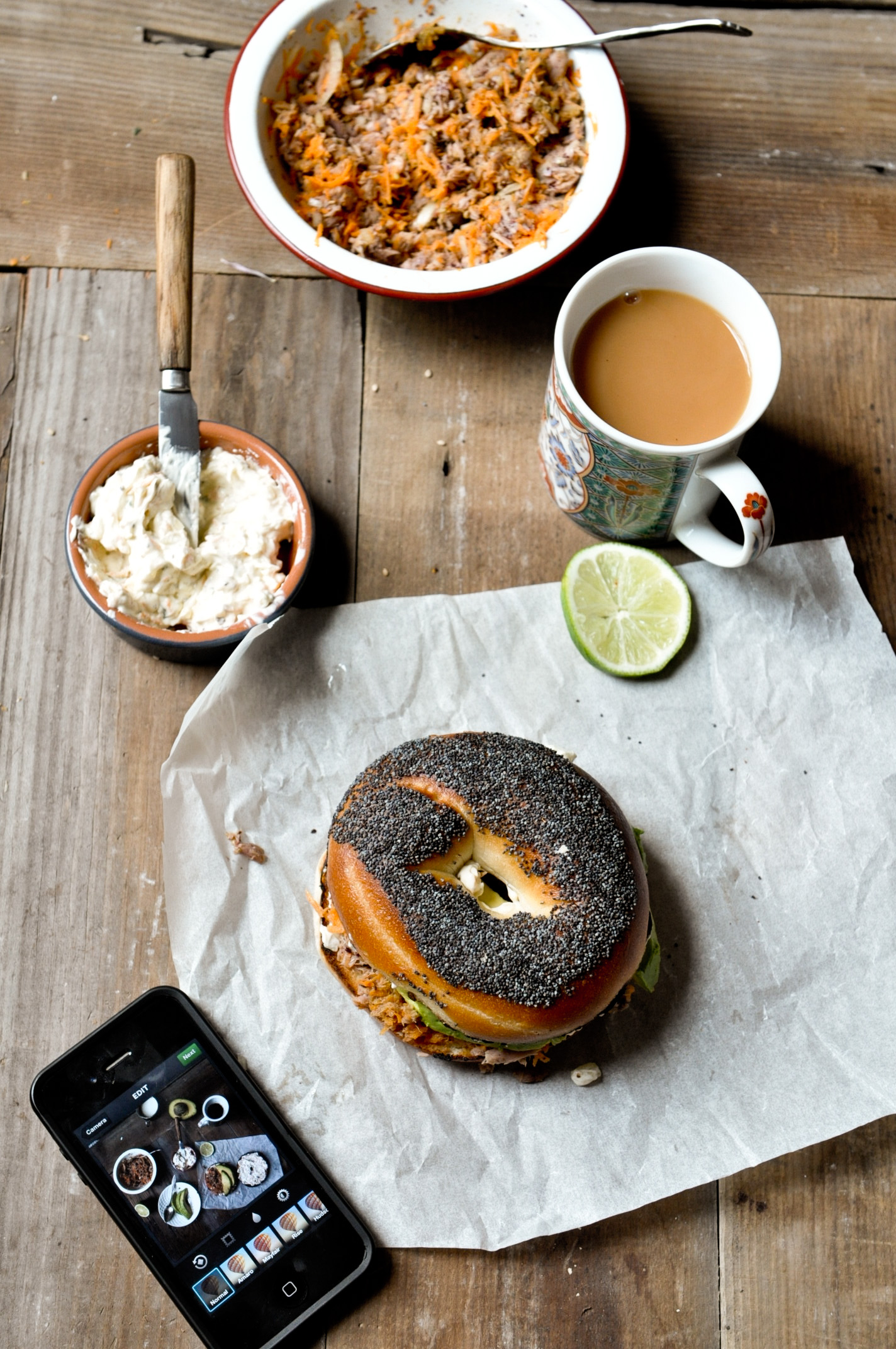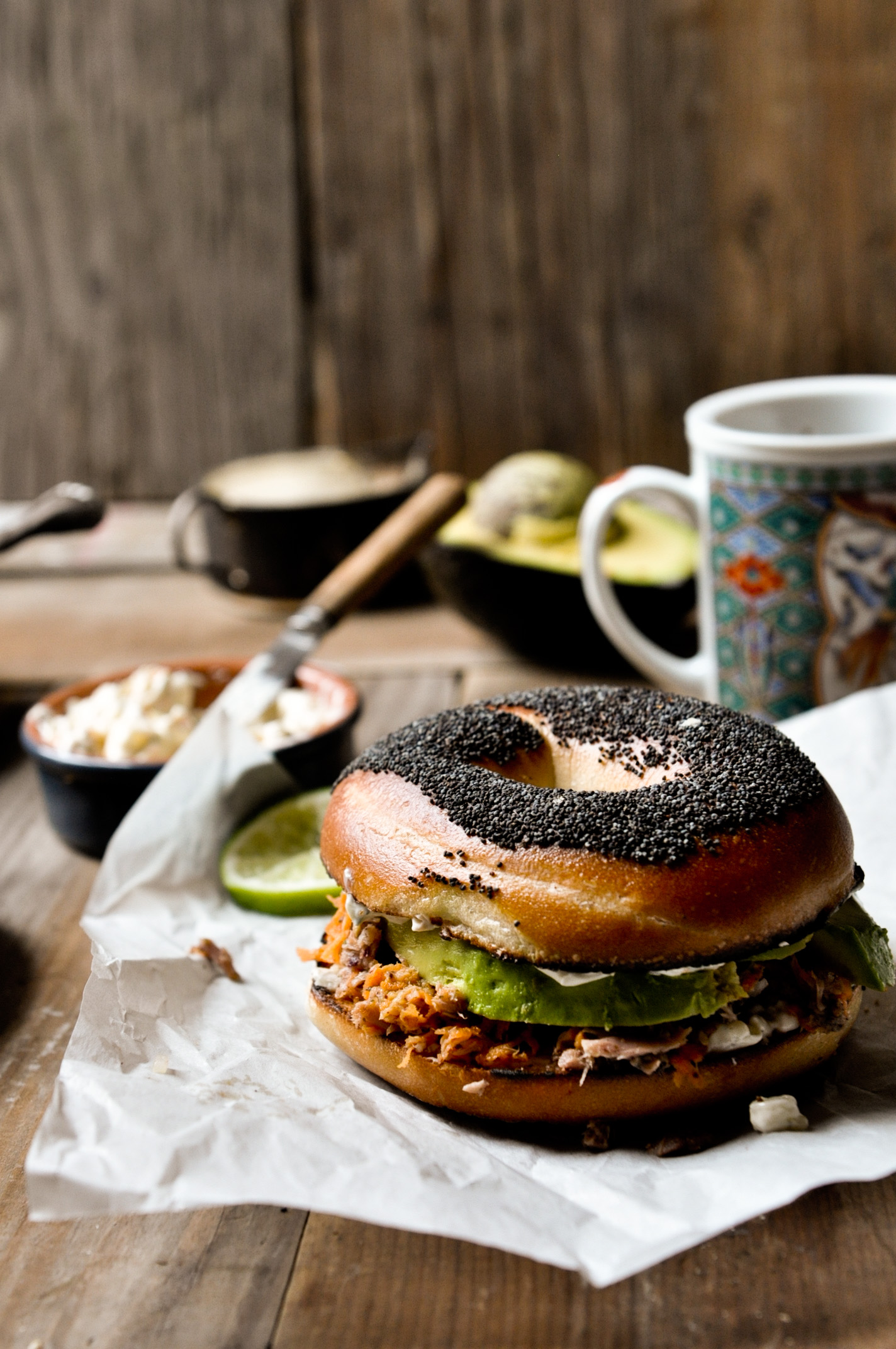
I am all for innovations. The idea of creating something new is pretty awesome, I think. When it is for the better of life then so much the better. I am sure you agree with this. Science is a brilliant thing.
However, I fear it can be too much of an enabler. Ah! Let me put in another way. It is arguable that while science has the ability to cure, its curative powers are in the hands of mere mortals who are myopic in their vision at best.
You are wondering where I am going with this. Well, I am referring to the trending innovations in the food industry these days. Let me explain with a specific example -


Kudos to their biochemical engineering team for identifying strains of plant products that can so closely mimic the protein structure and flavor profile of an egg. Hats off to the management team for developing products that go against the grain of questionably ethical and definitely stomach turning, but importantly, behemoth sized egg farming techniques.
That's about where my support for them stops.
Oh Yes! Bill Gates threw in his support. Good news for those holding equity in the company and possibly, a signal of the commercial viability of the products. After all, anything Gates touches is gold right, and only for the better of humans. After all he has a vested interest in this whole human development element through his Gates Foundation.
Does anyone see the irony in this?
Let me lay it out. So this 'vegan' egg is made from a strain of yellow pea and sorghum. Brilliant! The cost of these products at the moment is such that the mayo on the shelf in Whole Foods (of course! Location location location!) sells at a 21% discount to the egg version.

Now, say this product becomes a commercial success. Volumes of production will have to increase. To stay competitive, retail prices have to held nearly static. So, the only way is to keep the cost of ingredients down. Let us have a look at that.
Both the yellow pea and sorghum are grown in the US, yes. But neither is for staple production in this country. Sorghum is primarily used in animal fodder and yellow pea is used in a small slice of recipes here. Do you know where both these are grown in abundance to the point of being a staple? India and Africa.
Sorghum is a poor man's grain. Nigeria is a largest producer of it in the world, followed by India. India produces and consumes both the peas and sorghum. While the sorghum still remains the poor man's grain in the country, the pea is staple in diets across strata across the country.

So, what do you think happens when demand for Hampton Creek's mayo explodes and they have to continue to source these commodities at low prices? There are two options -
1.
The Quinoa Way
- Exploit the exports of the poorer countries that are primary producers of these plants and inevitably raising domestic prices. Mr. Gates, does this seem a touch ironic given your Foundation's efforts?
2.
GMO the Crap out of it
- Well, this way what is made in US stays in US and we shall all pay the price of eating modified products in years to come!
Neither option seems particularly sustainable or remotely appealing, does it? It does feel like an attempt to hammer a round peg into a square hole. It leaves a lot more holes to fill.
How about if we look at the issue at large and find a solution?
What is the problem that we are trying to solve that Hampton Creek has plugged a solution into?
Ans: The unnaturalness of egg farming
Digging deeper, what is the real problem?
Ans: The consumption of unneeded quantities of food and processed products.

Is there a need to eat the portion sizes that are dished out in most American restaurants? What exactly are you using all that energy for? 99% of us are not athletes, after all!
Is there a need to slather everything with mayo? Sure, it tastes good but
do you need it?
Now isn't that the real question -
Do I need it?
There is a reason Gluttony and Greed are cardinal sins. They are indeed. One man's meat is indeed another's poison.
Today, farmers commit suicides in India because of an inept government and the drastic unpredictability of a monsoon dependent agriculture which causes these farmers to be heavily indebted to loan sharks and see death as the only way out {again the government is inept and that isn't going to change}. Imagine what will happen when the above outlined happens...
The real issue is how far first world food habits have veered away from the normal. If we are cognizant of what and how much we eat, perhaps we will not need the commercial egg production facilities and perhaps chickens will not have their beeks cut out and force fed and we will not have to find ways to band-aid around the system and the third world can continue to sustain themselves away from starvation.
I love my eggs and I buy them from my local farmer. I make my own mayo, as much as I need. To be honest, the price of good quality products keeps my consumption in check. That is how capitalism works and I love it!
In short, I applaud Hampton Creek Foods for their desire to help people and their really cool innovation. But I think it is a great product for a niche market (of those who cannot eat real eggs for whatever reason) and not for mass market consumption. I think they and we need to look beyond fixes and work arounds to really solve the maladies that we see.
What do you say to that? Shall we make a pact? To eat well and eat what is needed?

And while you ponder, I leave you with an eggless recipe for your Sunday... Handmade Bagels with tuna salad, homemade cream cheese and avocado.
Handmade Bagels
(12 bagels)
I made these bagels during my class at the International Culinary Center earlier this year. It is a professional kitchen and we made everything in bulk and professional equipment.
The below recipe is fantastic and works in smaller batches in the home kitchen. However, since the water content of a bagel dough is low, making it rather dense, I recommend using a Kitchen Aid with a dough hook to save your arms a very taxing workout!
1000 g bread flour
20 g malt
40 g sugar
14 g salt
20 g yeast
480 g water
Mix the ingredients, except the malt, together in the bowl of a mixer and use the dough hook attachment to get a smooth tactile dough.
Immediately divide the dough into 12 balls or 130 g pieces.
Preshape each piece into a log. Rest on board for 15 minutes. Then shape each log into a bagel shape. To do this, wrap the dough around the base of your fingers (start of palm) with the joint edge under your palm. Roll back and forth a couple of times to seal the joint.
Refrigerate the dough for atleast 30 minutes. If you are fermenting overnight, refrigerate immediately after shaping. When ready to cook, bring the dough back to room temperature by placing on counter for an hour or so. Then, ferment the dough at room temperature for approximately 45 minutes.
Meanwhile, bring a large pot of water with malt to a boil. If you don't have malt, add some brown sugar and vinegar to the water. Boil the bagels for 5 seconds in the water.
While the bagels are wet, lightly toss them in the toppings you would like. You have to do this quickly, they dry rather fast.
Bake for 18-20 minutes in a pre-heated oven at 450F.
Cool completely before eating.
You can store bagels upto a month by wrapping the cooled bagels tightly in serrane wrap and freezing them.
